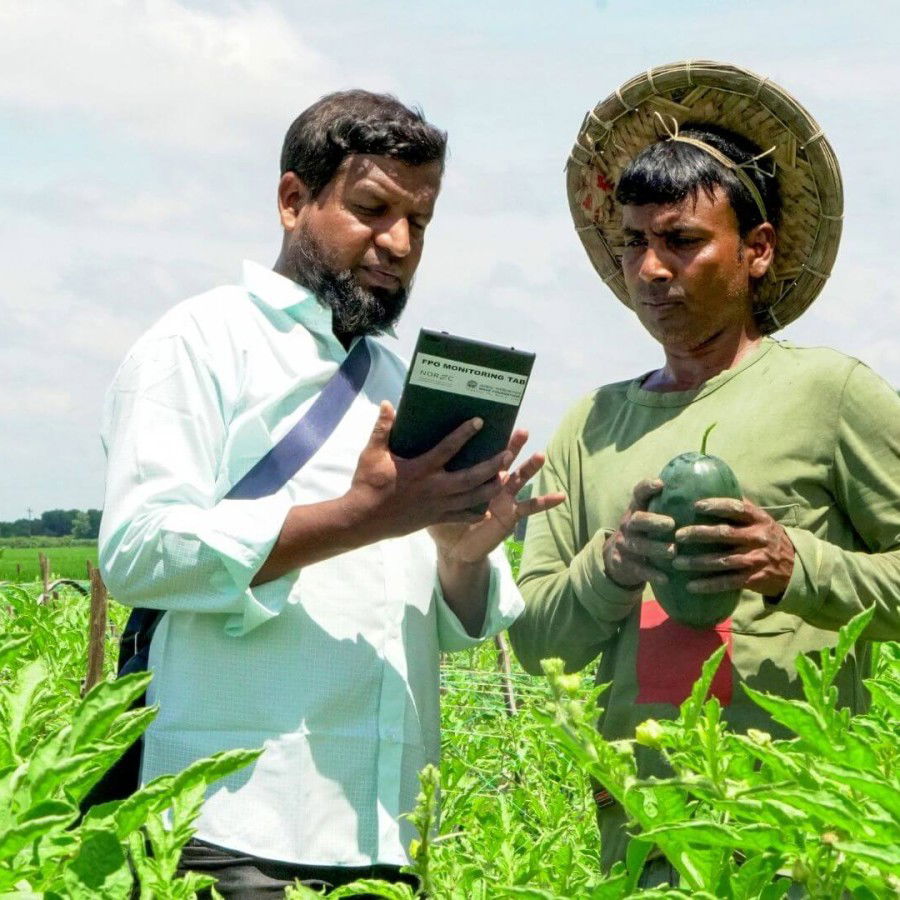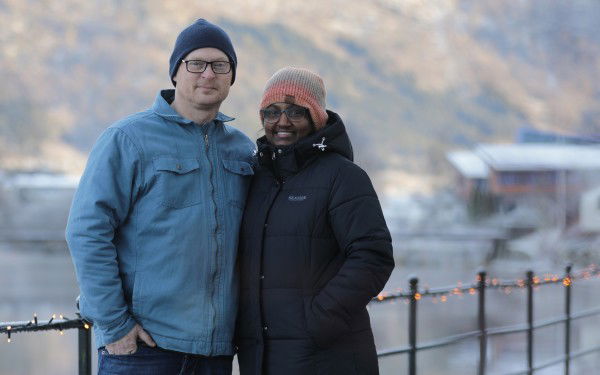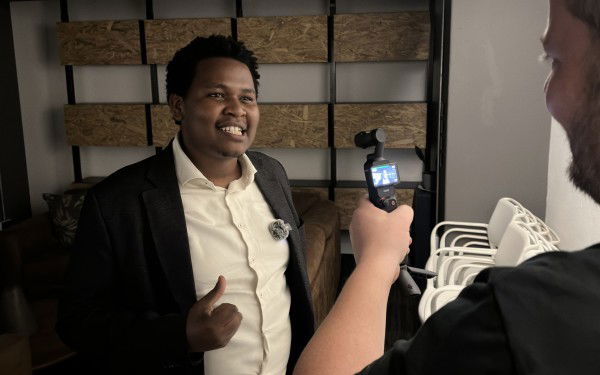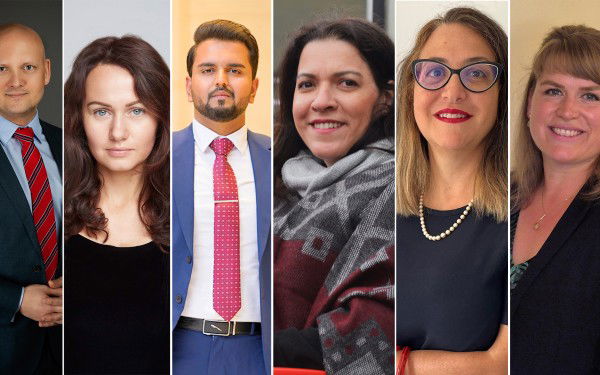How increased digitalisation has altered exchanges
13. June 2022
As the world went into COVID-19 lockdown, both Norec and their partners were forced to find other ways of exchanging expertise over national borders.
While before the pandemic, Norec’s funds were mainly granted to travel, accommodation and salaries for young people on work exchange, funding in 2021 went more to support functions for participants. Money was spent on the equipment required to start projects and on salaries for young people who had previously been on a work exchange funded by Norec. Below is a selection of results reported by partners during the pandemic.
From digital culture shock to increased digital expertise
The agricultural organisation WAVE Foundation in Bangladesh received numerous requests from members who needed help to grow food. But they also noticed that the transition to online activities was a culture shock for many small-scale farmers. To make this transition easier, the organisation provided follow-up for online activities with meetings in the local communities. They used WhatsApp and Messenger to provide simple and quick communications. The younger members of WAVE Foundation played an essential role in teaching the older members how to use smartphones and WhatsApp. There has been an improvement in digital expertise, and an increasing number of members have become digitally literate.
WAVE Foundation has also developed an app for farmers. The app provides information on inventory management, starting production, registration of sales and recipients. The farmers can use the app to send any questions they have about farming, and receive guidance from an expert. They can send questions either as a written message or a recorded message. The app also shows the farmers’ geographic location, so that the advice given can be customised to the local climate.
WAVE Foundation is now planning to transfer this knowledge to their Indian partner organisation, DHAN foundation, providing the same opportunities for small-scale farmers in India.
Follow-up of patients online and by telephone
The Leprosy Mission Nepal started to provide digital follow-up for patients in 2020. This has included digital physiotherapy sessions online and by telephone. More than 160 leprosy patients have virtual consultations via the Internet. Expertise developed in Myanmar is used to benefit patients in Nepal, and a manual has been prepared describing how consultations can be provided remotely and digitally.
Created a resource-bank on YouTube
The Norwegian Band Federation (Norges Musikkorps Forbund) and Field Band Foundation in South Africa have been carrying out exchanges for the past 20 years. When COVID-19 prevented them from travelling on exchange, persons from both organisations have worked together in digital work groups in order to achieve their expected results.
This has included creating a digital library of activities on YouTube, using short films to demonstrate methods for teaching music. This has developed into a resource-bank available to music teachers in both Norway and South Africa, and a source of inspiration and ideas for new and exciting ways to get children and young people involved in relevant social issues. One main theme in the YouTube library is how music can help improve mental health and boost self-esteem.
Easier to be yourself on digital arenas
Y Global has an exchange project for young activists in Kenya, Sudan, Uganda and Norway. They work on sexual and reproductive rights. The young people involved in Y Global’s exchange project explain that online consultations and digital meetings have helped many feel freer to ask questions or express their sexual tendencies, because they can choose to be anonymous. Many of them have experienced prejudice due to their sexual orientation when meeting others face to face, while the online spaces have provided the young people with safe arenas where they can be themselves.
Some felt that it was easier to express themselves in writing, and many claimed that the chat functions have resulted in an increased sense of achievement and participation in open meetings. Others explain how the threat of physical violence is eliminated when meetings on the subject of gender identity and sexual orientation are organised anonymously and digitally.
Nonetheless, the process involved in organising virtual health clinics for young people has been challenging. Developing trust relies 100% on meeting people face to face. Digital consultations have worked well for a period of time, but require extra capacity and do not generate the same level of closeness and warmth as non-digital meetings.
An external evaluation of the project showed that digital communication is most successful when involving messages regarding human rights, major campaigns and social media, crowdfunding and online learning.
Ability to make better use of participants
The World Association of Girl Guides and Girl Scouts (WAGGGS) has found that they can make better use of the exchange participants than before, and that the costs are less. Normally, the organisation sends 45 participants on exchange every year. In 2021, there were no exchanges, but WAGGGS was still able to keep 288 girl guides and girls scouts very busy. They all worked in their home countries, where they are familiar with the cultural context. They carried out information campaigns about menstruation, attempting to eliminate the taboo involving periods and COVID-19. This also resulted in increased knowledge about health for the girls involved.
WAGGGS has also developed digital courses, blogs and resource gatherings for partners. In addition, they have developed a digital platform called the digital camp-fire. This is where the girl guides and girls scouts can meet other volunteers, share experience and discuss challenges. When campaign work in each individual country is combined with these kinds of digital spaces, the organisations in each country can continue to learn from each other. A similar system can also be positive for other global membership organisations.
Use of video transmissions for learning
Haukeland University Hospital has initiated a project using video to train surgeons, together with the Sefako Makgatho Health Sciences University/Dr George Mukhari Academic Hospital in Pretoria, South Africa. The purpose is to provide communications during surgery, so that surgeons can learn techniques and methods from each other across national borders. The video transmissions will also make up part of preparations prior to an exchange. This implies that the participants can make use of the preparatory period for learning, so they are more ready to take on tasks when the exchange starts.




